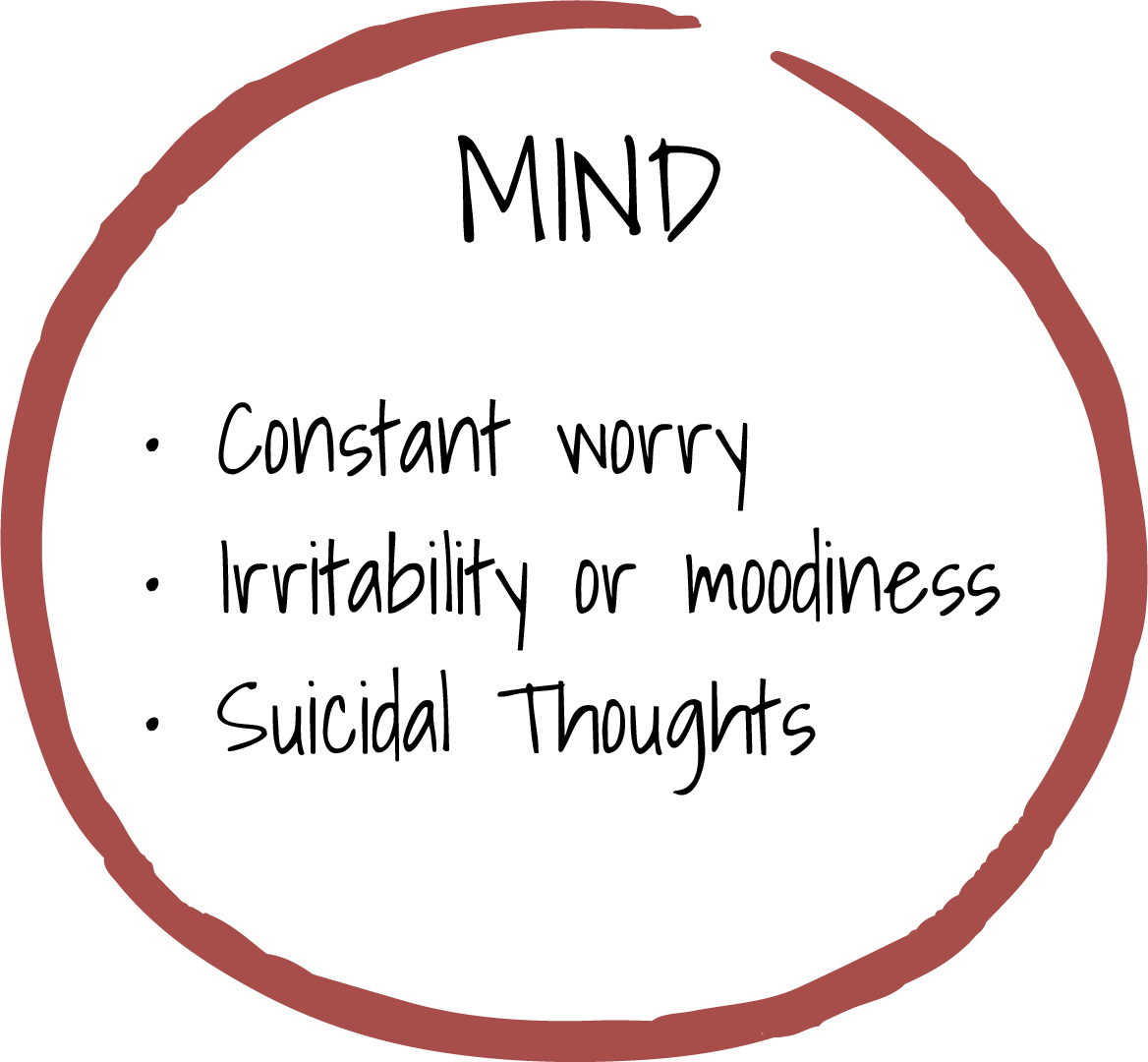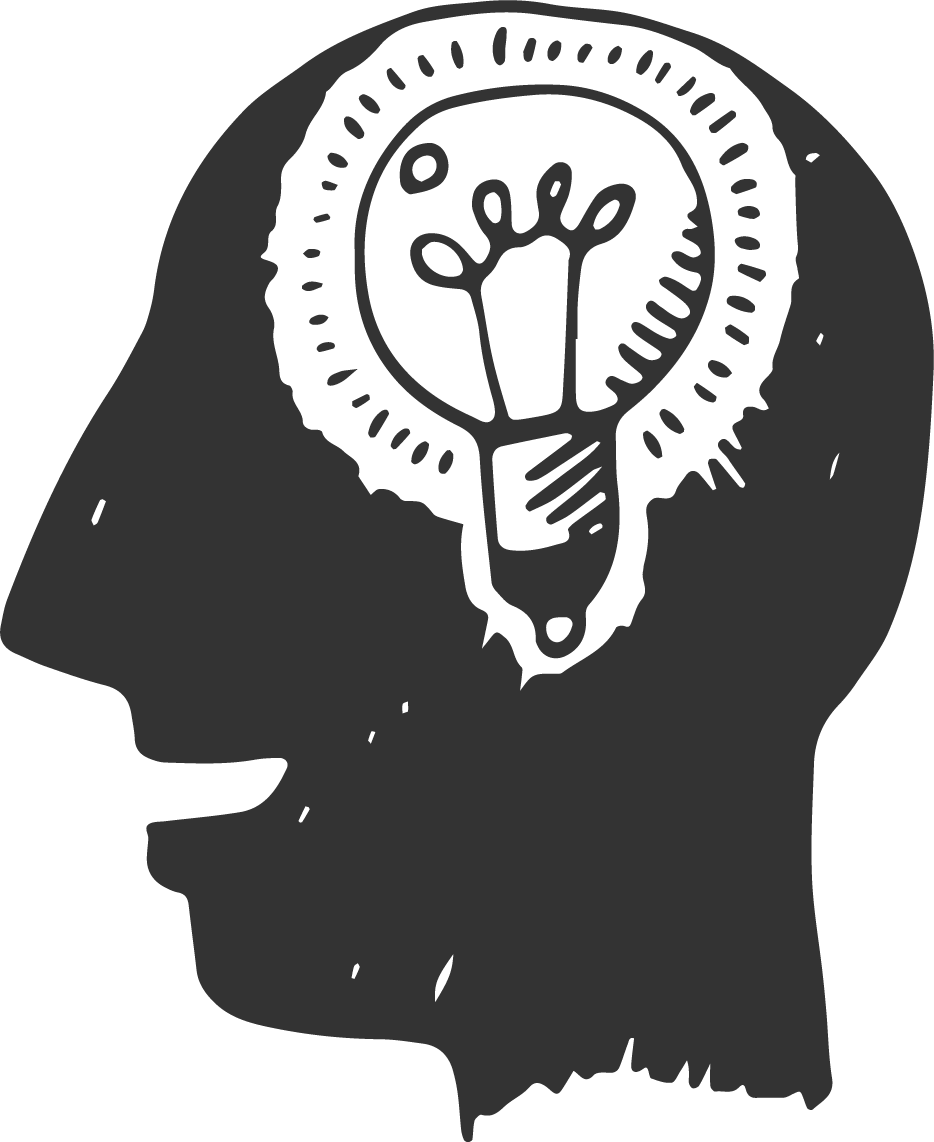
Teen Therapy
You are more powerful than you could ever imagine
Every young heart deserves a chance to reach for the stars.
Teen therapy is a treatment option designed to address the challenges teens face as they go through adolescence and move on to adulthood. Therapy certainly doesn’t need to be reserved for life-altering events or serious mental health problems. Meeting with a therapist can prevent minor issues from turning into major problems.
While some teens can adapt to life stressors and youth challenges, others may suffer. Some may avoid relatives and friends. Some may obsess over schoolwork or sports to the extreme. Others may succumb to social media overuse or other unhealthy behaviors.
If you notice any of these common signs in your teen, therapy is advised:
Does my teen need therapy?
Therapy can help with
Managing unique stressors, such as:
Divorce or separation of parents
Family conflicts
Death of a loved one
Life transitions
School and athletic performance
Bullying, rejection, or peer pressure
Dating and social experiences
Exploring gender and sexual identity
Body image issues
Identity, cultural, and racial issues
Managing mental health challenges, such as:
ADHD
Anger
Anxiety
Depression
Physical and emotional trauma
Abuse
Self-destructive thoughts
Shame or guilt
Screens, videogame, and social media addiction
Substance abuse
Addiction (alcohol, drug, sex, porn)
I utilize evidence-based therapies such as Cognitive Behavioral Therapy (CBT), Acceptance and Commitment Therapy (ACT), and Mindfulness techniques to help individuals:
Improve their relationship with themselves and others
Become fully empowered to be agents of their own growth and change
Build resilience, self-efficacy, self-esteem, and confidence
Improve communication and social skills
Develop effective conflict resolution and problem-solving strategies
Learn to identify triggers and overcome obstacles in all areas of life
Develop healthier and more adaptive thinking and behavioral patterns
Develop the ability to make healthier and more productive life choices
Develop better coping strategies to manage distress
Develop stronger family bonds
Develop skills and tools to prevent and manage relapse
Find meaning and purpose to lead a fulfilling life
Many teens remain confused or may not want to talk about these issues with their families. That is where therapy comes in. I can support you and your teen in navigating these difficulties.

Suicide is the second-leading cause of death among people age 15 to 24 in the U.S.
Teenagers and young adults have the highest rates of suicide compared to other ages. Not all people who are considering suicide appear outwardly upset or depressed. Individuals who are self-reliant and consider that among their strengths may have difficulty asking for help. While depression is a risk factor for suicide, not all suicides are attributable to depression.
Whether your child looks like they are struggling, or looks like they are “OK,” start talking to your child about:
Suicide and self-harm
The importance of mental health
Reaching out for help when needed
If you or a loved one is in crisis call or text the suicide and crisis lifeline at 988.











